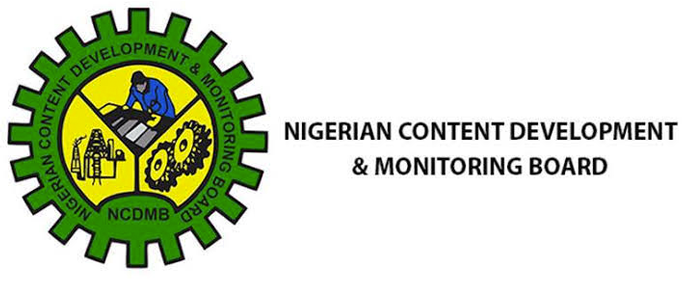 Mkpoikana Udoma
Mkpoikana Udoma
Port Harcourt — The Nigerian Content Development and Monitoring Board, NCDMB, has said that the growth of Nigerian Content demands the strengthening of in-country industrial capabilities, particularly enhanced local manufacturing, research and innovation.
Executive Secretary, NCDMB, Engr. Felix Omatsola Ogbe, said the Board is working towards a target of 70 percent local content by 2027 and that substantial growth of manufacturing capabilities in the oil and gas industry was imperative for success.
Omatsola said this recently while speaking at the 40th Annual General Meeting of the Manufacturers Association of Nigeria, MAN, Rivers and Bayelsa branch, held in Port Harcourt.
“Local content in the oil sector is not the mere award of contracts to Nigerian firms but is majorly the manufacturing of components required by the industry and linkage sectors, which the NCDMB has undertaken to promote through establishment of the Nigerian and Gas Parks Scheme, NOGaPS, a $50 million Nigerian Oil and Gas Parks Manufacturing Product Fund, and Equipment Components Manufacturing Initiative.
“The idea of NOGaPS, for which critical infrastructure like power and access roads are being provided, is to develop oil and gas parks close to oil fields where we can incubate the manufacturing of machinery and components of equipment used in the oil and gas industry and linkage sectors.”
He disclosed that the pilot phase of the parks at Emeyal 1 in Ogbia Local Government Area of Bayelsa State and at Odukpani, Cross River State, was almost completed and that the Board has started calling for manufacturers to set up their businesses there.
Ogbe, who was represented by the Deputy Manager, Corporate Communications and Zonal Coordination, Dr. Obinna Ezeobi, said NCDMB was also supporting the Abia State Government in the development of the Abia Innovation and Industrial Park in Owaza, and providing guidance to the Edo State Government in the development of an industrial park at Ologbo, in Ikpoba Okha Local Government Area.
“The Equipment Components Manufacturing Initiative, introduced by the Board in 2013, is to encourage original equipment manufacturers and their representatives in Nigeria, to set up factories in the country for the purpose of manufacturing or assembling components, spares and packages which are utilized in the Nigerian oil and gas industry.”
On promotion of research and innovation, which he noted was part of the mandate of the Board, he stated that NCDMB promotes partnerships between universities, research institutions, and industry players.
“The Board, which established the Technology Innovation and Incubation Centre in 2021, has also committed enormous resources to research commercialisation and application of innovative research to solving identified problems in the oil and gas industry and the linkage sectors.”
Earlier, the Chairman of MAN, Rivers and Bayelsa States Branch, Elder Vincent Okuku, thanked NCDMB and co-sponsors of the event, which featured a conference, technical sessions and exhibitions, for their support and for the Board’s initiatives geared towards enhancement of local manufacturing.
While commending the Governments of Rivers and Bayelsa State for improved infrastructure which he noted would promote manufacturing activities, Okuku said more support was required in that sector to ensure sustainable growth and development of the country.
He pointed out that manufacturing, when developed, “will catalyse other sectors through the supply of material inputs.”
In a keynote address, the Executive Director of Dangote Group, Engr. Mansur Ahmed, emphasized the critical importance of manufacturing and called for deliberate efforts to incentivise investments in that sector.
Ahmed lamented that manufacturing remains weak in Nigeria, with its contribution to the country’s gross domestic product being as low as 9.1 per cent, which contrasts sharply with figures from other Third World countries like South Korea, Malaysia and Thailand, which are as high as 30.6 per cent, 22.6 per cent and 20.5 per cent, respectively.
“Poor manufacturing has also kept Africa’s contribution to global trade at a dismal level, as low as three per cent, while South East Asia accounts for 15 per cent, and Europe alone 38 per cent.”
He advised countries on the continent to make the best of the African Continental Free Trade Agreement, AfCTA, which has 43 parties and another 11 signatories, noting that the Agreement “offers immense opportunity for intra-regional trade.”



